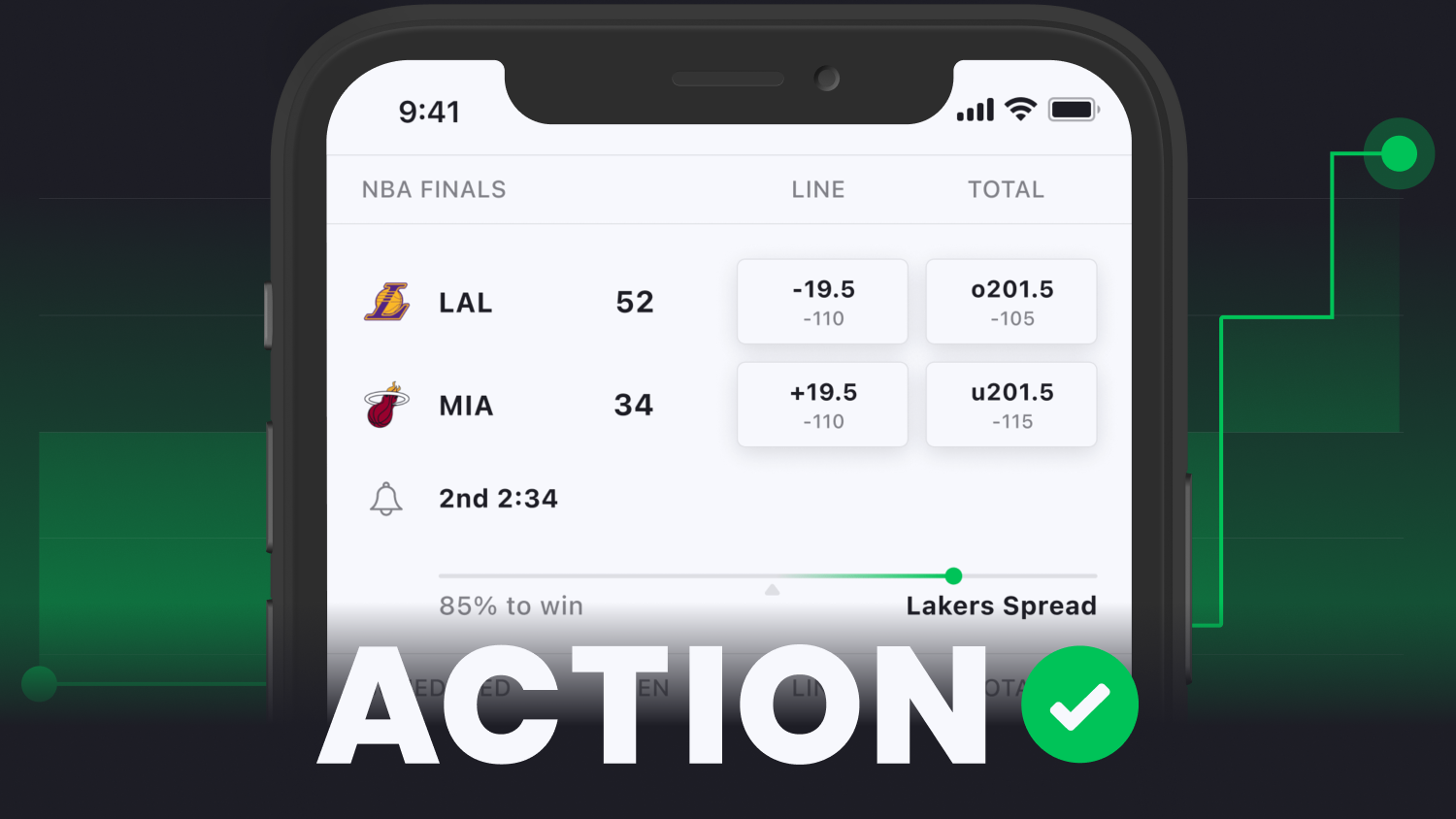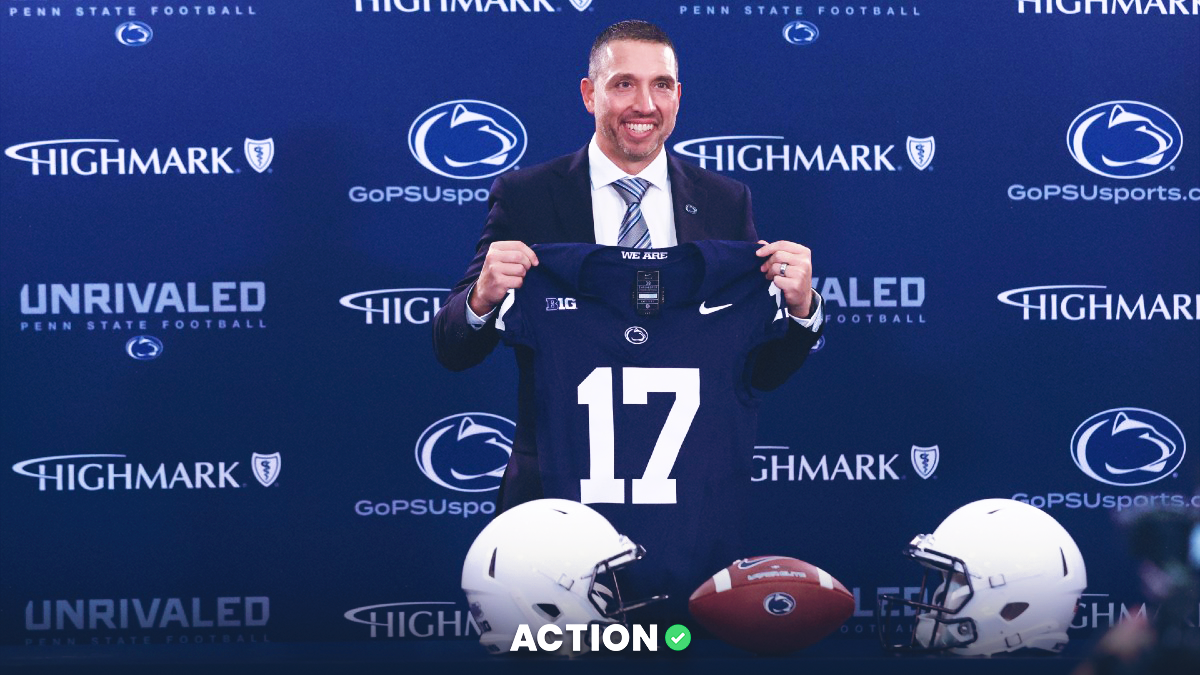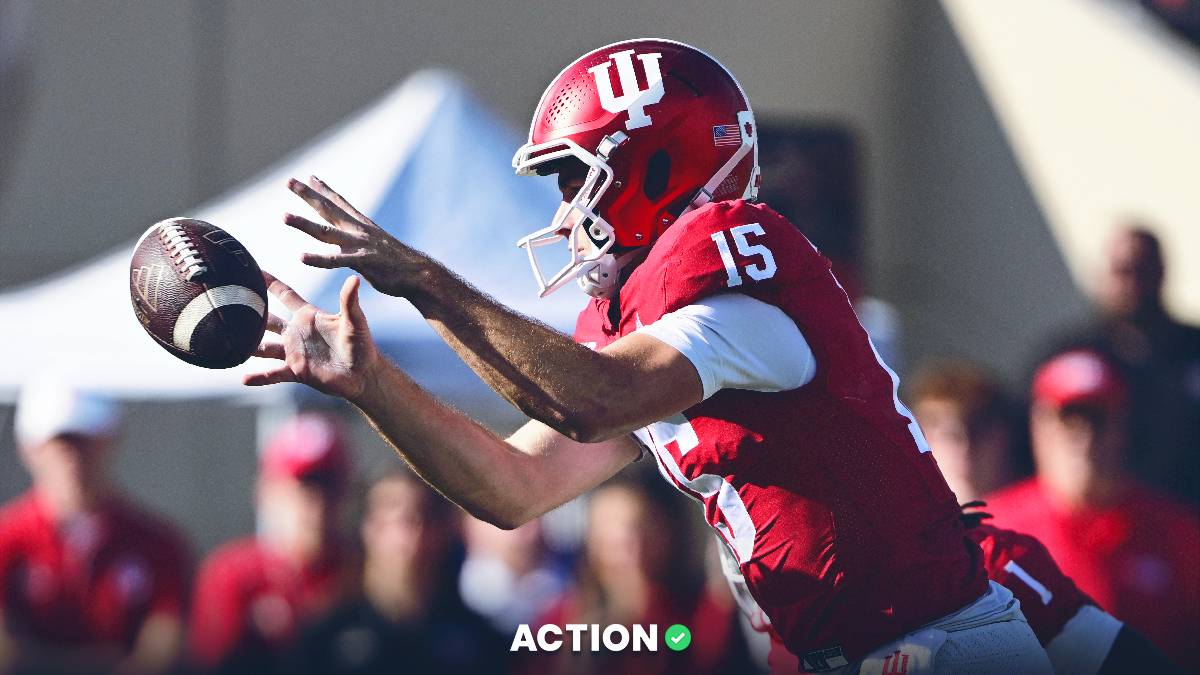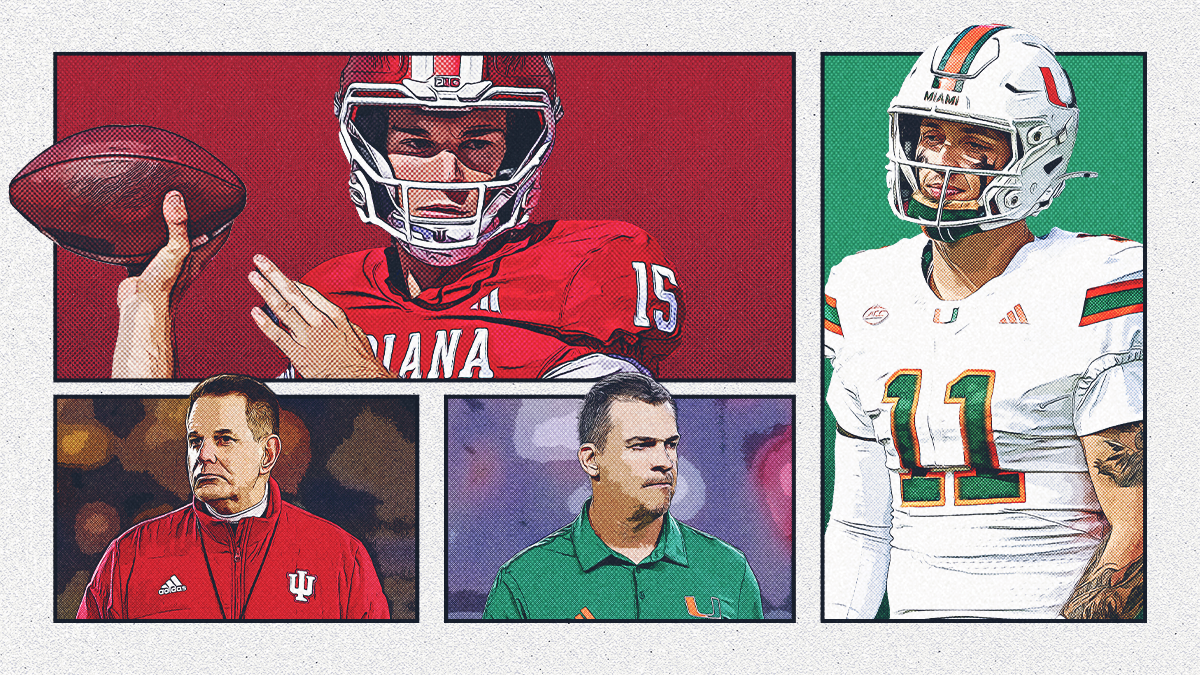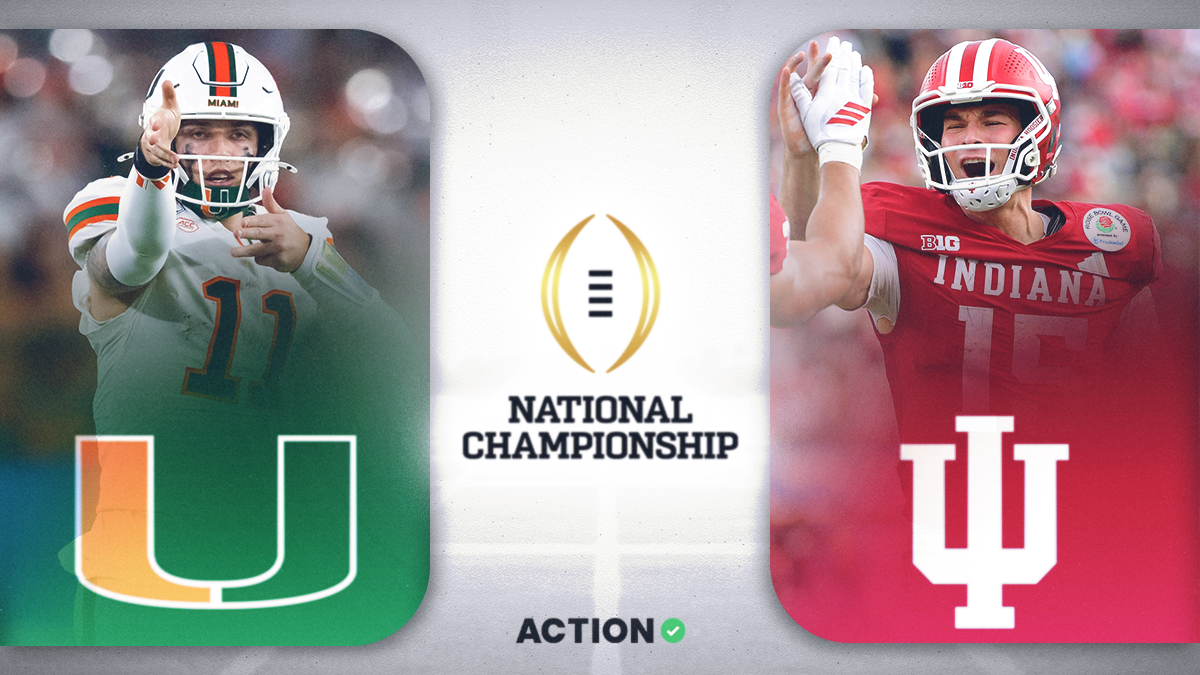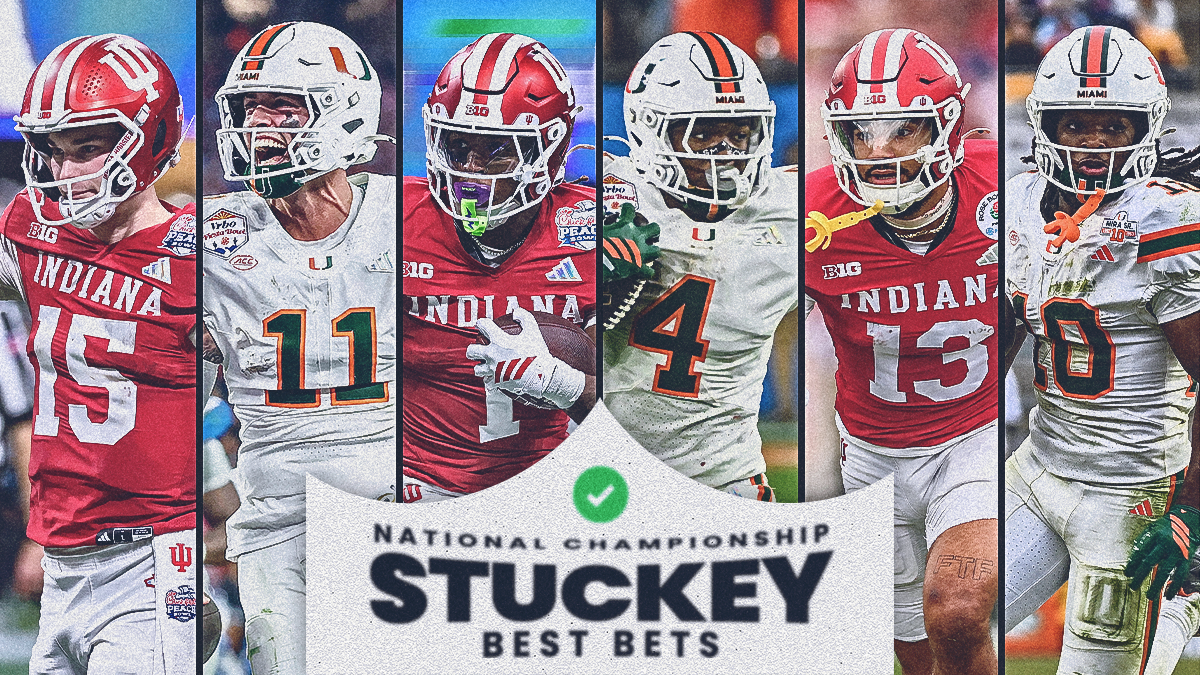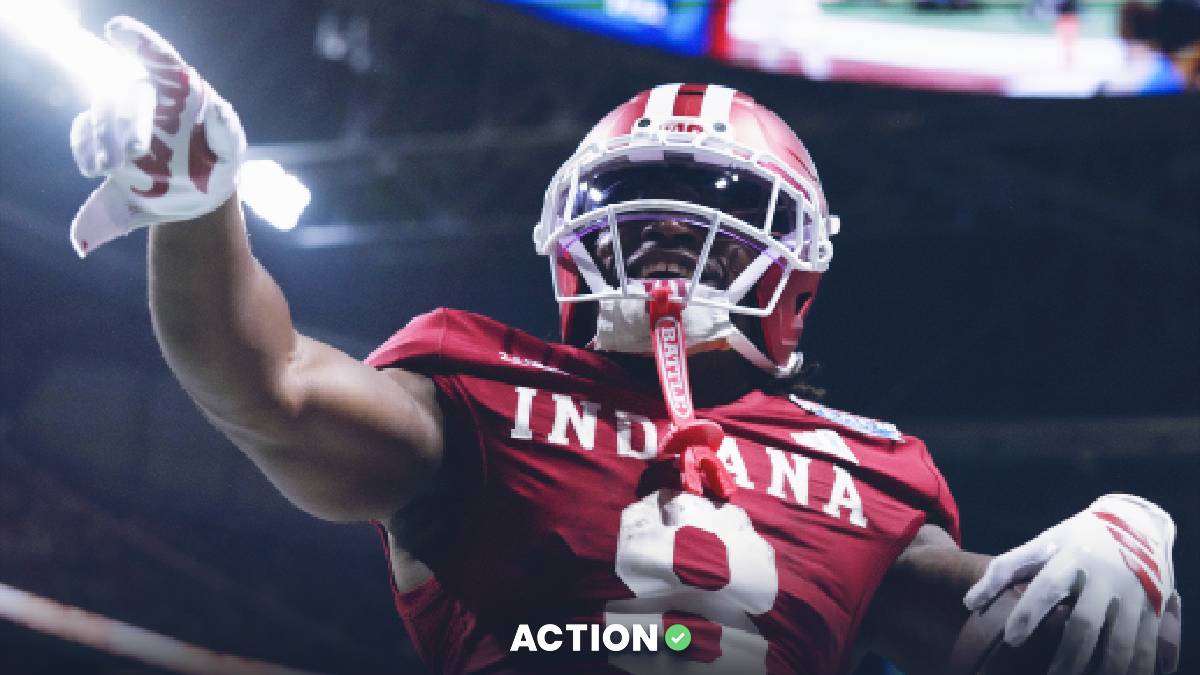NIL collectives ran into a potential buzzsaw on Friday as the Internal Revenue Service posted a memo stating that these organizations cannot claim to be tax exempt.
That means donors likely are unable to deduct donations to collegiate collectives from their income. This update could dramatically slow investment into these collectives, which have driven countless player acquisitions since NIL was instituted in 2021.
Many collectives had advertised donations as 100% tax deductible. Others have been more measured in their language.
Collectives pool capital that's then spent on prospective freshmen and transfer athletes via NIL deals. Approximately $200 million has been raised in total by collectives around the country. The largest collective — benefiting the University of Tennessee — has raised roughly $20 million.
The IRS memo last week said most collectives don't deserve the tax exempt 501(c)(3) because they operate "for a substantial nonexempt purpose — serving the private interests of student-athletes."
The head of one collective told the Action Network that he was not as concerned about the memo because he had already discussed tax-exempt status with the IRS. The collective head added that he didn't expect bad actors to be penalized.
Just because a collective is using the money to pay an athlete doesn't mean the charity has to be incidental. The devil might be in the details of each organization — as in, how effective the charitable programs are and what is actually being done.
Tax deduction and college sports have always been a moving target. In the 1980s, boosters could have their whole donation to a program, including seats, written off. By the 1990s, seats could no longer be written off, and a decade later companies found themselves in a situation where nothing could be written off.
"The IRS wants any organization that claims to be a 501(c)(3) to pass the test both qualitatively and quantitatively," said Barry Klarberg, senior managing director at MAI Capital Management. "Qualitative means that you can't just give money to an athlete to run a camp for underprivileged kids. You have to do something real like benefit a Boys & Girls Club. The quantitative test fails when you raise $1 million and give 80 or 90% to the athlete. I suspect the IRS wants to see more of a 50/50 split."
Klarberg, who specializes in taxation, maintains all this will be water under the bridge in a couple of years anyway.
"I think revenue sharing with the athletes is coming very soon," said Klarberg, who lectures at the University of Michigan. "Expect to see conferences and schools giving money directly to athletes in as soon as two years."



